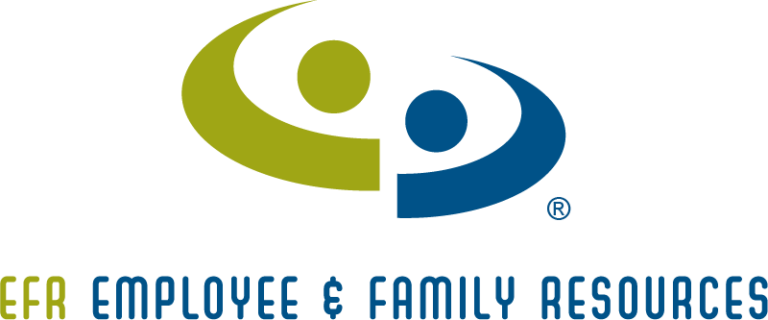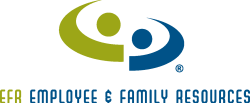Looking for a way to attract and retain your best employees? Look no further than an Employee Assistance Program (EAP) benefit! EAPs provide employees with the support they need to help manage life’s challenges that cause distractions such as stress, anxiety, depression and addiction. These factors directly affect one’s mental health, a topic often seen as taboo in the workplace. But good mental health is vital for optimal productivity and employee happiness.
How EAPs Help
Employee Assistance Programs shape your company’s culture to be positive and proactive. Embracing your company’s EAP shows that you value your employees both professional and personal well-being. That says a lot, in a country where many workplaces focus on getting the job done at the expense of employee stress and anxiety. Research also shows one in four adults (approximately 61.5 million Americans) experience mental illness in a given year. Even your hardest working employees can be going through something behind-the-scenes. You probably don’t know about it, but it’s impacting their ability to focus and produce their best work.
EAPs not only benefit the bottom line (they save employers between $79 and $105 billion annually in indirect costs associated with mental illness and substance abuse) but they also help to attract and retain great employees. Below are some tips for marketing your EAP during employee recruitment and increasing utilization of your EAP within the workplace.
Attracting New Employees with Your EAP Benefit:
Connecting with Millennials
Everyone seems to be buzzing about how to make their workplace more attractive to Millennials (who by 2020 will represent 40% of the total working population). An EAP will do just that.
According to Forbes, 88% of Millennials want “work-life integration.” Different from a work-life balance, they recognize that work and life blend together inextricably. Gone are the days when you can come home from the office and unplug. Similarly, employees are turning to their employers for resources that will help address personal challenges they may be facing.
The U.S. Department of Labor’s Office of Disability Employment Policy found that compared to older workers, younger employees seem to worry less about stigma when asking for help on mental health and substance use issues, approaching EAPs as they would any other resource need to achieve success in their jobs or resolve relationship issues.
Promoting Your EAP Benefit
To better market an EAP to prospective employees (specifically Millennials), keep in mind these prime times to promote:
- Highlight the EAP benefit where they seek information about your company during the job application process.
- Share information about the benefit on your company website, social media platforms and updated promotional material.
- Talk about the benefit during the interview.
By doing so, you reiterate to the candidate your company values emphasize well-being.
Retaining Top Employees with Your EAP Benefit:
Turnover causes disruption in the workflow, increased workloads for those who stay on the job, and uses up a lot of time and money to screen and hire replacements. There are many factors that often go into an employee leaving their job. Your EAP benefit addresses many of those factors.
Addressing Turnover Through Your EAP
Below are statistics gathered from PsychTests, where 871 individuals answered questions about turnover probability:
- Forty-two percent of individuals state they would quit their job due to a toxic work environment. Respondents said they’d leave their job because of office politics or if they were targeted by an office bully. Your EAP offers mediation services to help resolve workplace disputes and provides a safe and confidential environment to communicate their feelings, validate their concerns and explore alternative, healthier solutions to interact with others.
- Thirty percent of respondents said they’d quit working due to sick parents or if they suffered a serious personal problem. An EAP helps employees better manage these situations by providing them with resources for coping with stress, along with legal and financial resources to get them through difficult times. By supporting your employees, you will find an increase in retention and a decrease in absenteeism.
Explore how EFR’s EAP helps employee’s manage life’s challenges.





